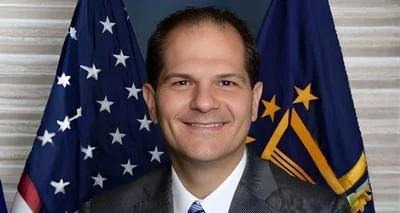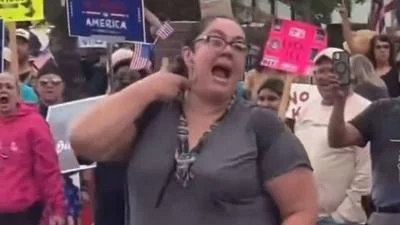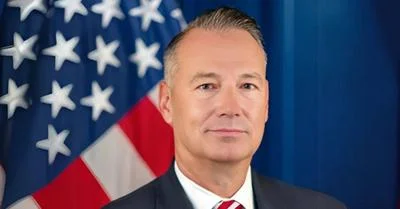Schlosser | University of Illinois
Schlosser | University of Illinois
The instructor of a new wrongful convictions course for Illinois police recruits said he was unaware that many of the higher profile cases have been criticized as being short on findings of new evidence and long on hyped-up media reports.
Michael Schlosser, at the University of Illinois Urbana-Champaign Police Training Institute, told Chicago City Wire that he was open to new information to include in the curriculum for the “Wrongful Conviction Awareness and Avoidance” course, a curriculum developed by the Illinois Innocence Project at the University of Illinois, Springfield,
“I can change it,” he said.
A statement from the University of Illinois described the new course as one that “impresses upon new recruits the importance of carefully gathering and analyzing evidence in investigations and not jumping to conclusions about potential suspects. It offers real-world examples of the harm that accrues from wrongful convictions, including a presentation from an exoneree.”
In one ongoing case, Tyrone Hood, was convicted in the 1993 murder of college student and basketball star Marshall Morgan Jr. He was exonerated in 2015 when former Gov. Pat Quinn, a Democrat, commuted his sentence. Hood is now suing the city in federal court for damages. In 2019, attorneys representing the city filed a motion alleging that Hood’s exoneration was based not on new evidence, but rather on “an intense media” campaign.
The campaign, the motion says, was orchestrated by lawyers for Hood, Loevy & Loevy, and the Exoneration Project (EP), an activist organization associated with Loevy & Loevy. Attorneys from Loevy & Loevy comprise most of the staff at EP, based out of the University of Chicago. An allegedly sympathetic media played along with the narrative, the motion says.
Another case, the 1999 exoneration of Anthony Porter, convicted in a 1983 double murder, was driven by former Northwestern University Journalism Professor David Protess, and some of his students.
Protess left Northwestern in 2011 and the university released this statement concerning his work on a separate exoneration case:
“In sum, Protess knowingly misrepresented the facts and his actions to the University, its attorneys and the dean of Medill on many documented occasions. He also misrepresented facts about these matters to students, alumni, the media and the public. He caused the University to take on what turned out to be an unsupportable case and unwittingly misrepresent the situation both to the Court and to the State.”
In 2017, the “Englewood 4” - convicted in a 1994 rape and murder of a prostitute in Englewood and later exonerated over claims of police abuse - were awarded a $31 million settlement by city alderman.
Not all city alderman agreed with the settlement.
“I think aldermen need to dig deep into these settlements,” Alderman Anthony Napolitano (Ward 41) told Chicago City Wire, “and if they did and avoided being swayed by the administration, the 44 who voted yes in favor of the $31 million dollar settlement would have voted no with Alderman (Nick) Sposato (Ward 38) and myself.”
Sposato told ABC7 Chicago after the vote that he couldn’t “stand by and approve $31 million for four individuals I feel are guilty.”
The ABC report said that Sposato changed his position after speaking with the State's Attorney's office and some police officers -- that he was convinced the Englewood 4 had something to do with the crime.
Roberta Glass, of the “Roberta Glass True Crime Report” said that over the past five years she has examined every “celebrated ‘wrongful conviction’ case with a fine tooth comb and having found not one case of innocence, I can say with some confidence that this movement is the biggest fraud in America.”
“I find it sinister and sad that the wrongful conviction movement isn’t content just grooming our young people in universities all over the country but now have begun to groom our police force,” she added.
Civil cases stemming from the exonerations have cost city taxpayers tens of millions of dollars over the past ten years. By one estimate, the city has already shelled out $130 million in these cases.
The Innocence Project did not return a call for comment.






 Alerts Sign-up
Alerts Sign-up